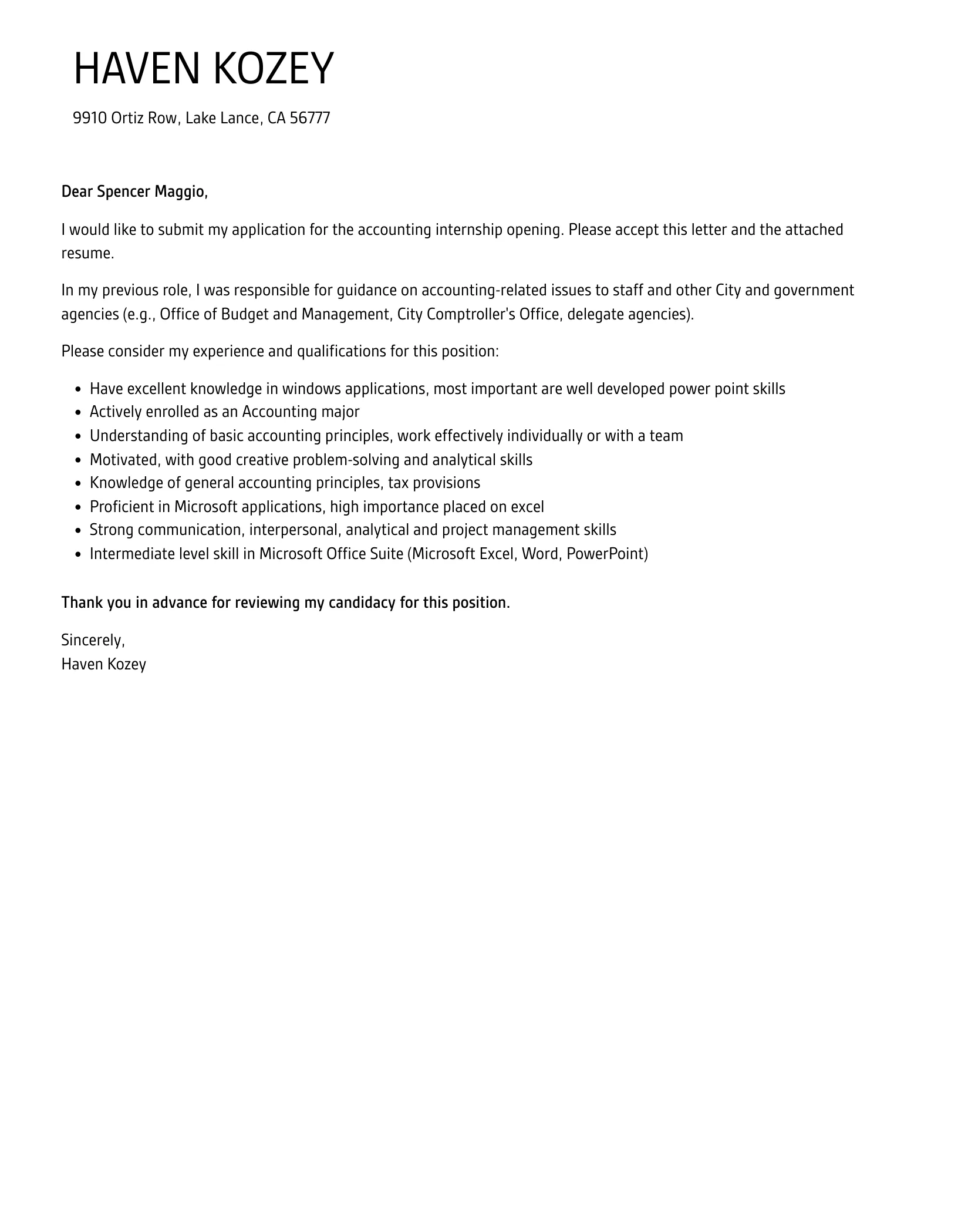Why a Strong Cover Letter Matters for Accounting Internships
In the competitive world of accounting, securing an internship is a crucial step towards launching a successful career. A well-crafted cover letter serves as your first introduction to potential employers and often makes the difference between landing an interview and being overlooked. It’s not just a formality; it’s an opportunity to showcase your personality, passion for accounting, and how your skills align with the specific internship requirements. A strong cover letter complements your resume, providing context and depth, allowing you to tell your story and explain why you are the ideal candidate. Moreover, it demonstrates your communication skills and attention to detail, qualities highly valued in the accounting profession. In essence, your cover letter is your chance to make a memorable first impression and stand out from the crowd of applicants.
Highlighting Your Skills in Your Cover Letter
Your cover letter should be a strategic highlight reel of your relevant skills and accomplishments. Instead of simply listing your qualifications, focus on demonstrating how your skills align with the internship’s requirements. This is where you tailor your letter, showing that you’ve read the job description and understand what the employer is looking for. Be specific and provide examples. For instance, if the internship emphasizes data analysis, provide a brief example of how you used your analytical skills in a project or coursework. Quantify your achievements whenever possible. Instead of saying you ‘managed projects,’ mention how you successfully completed X number of projects on time and within budget. This approach brings your skills to life and makes you a more compelling candidate.
Technical Skills to Showcase
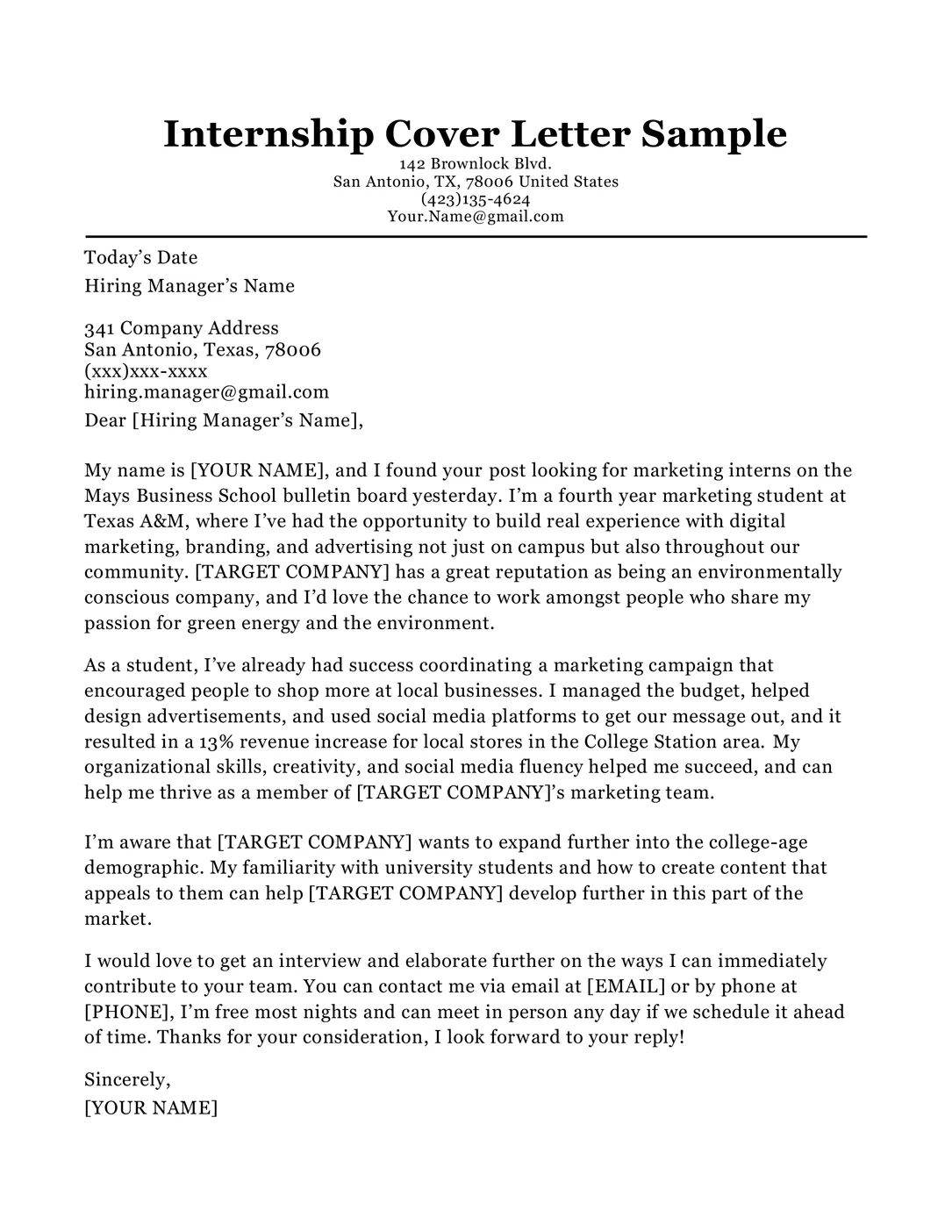
Technical proficiency is paramount in accounting. Make sure your cover letter clearly outlines your technical expertise. Employers want to know you possess the practical skills necessary to contribute from day one. Detail your experience with accounting software, data analysis tools, and any other technical competencies that are relevant to the internship. Show, don’t just tell; mention how you used these skills to solve problems or achieve specific outcomes. Your goal is to reassure the employer that you have the technical foundation needed to succeed in the role. Highlight your experience with accounting principles, financial reporting, and any specialized knowledge relevant to the internship’s focus, such as auditing, taxation, or cost accounting.
Software Proficiency
In today’s accounting landscape, software skills are indispensable. Mention the accounting software you are familiar with, such as QuickBooks, SAP, Oracle, or Xero. If you’re proficient in spreadsheet software like Microsoft Excel, highlight your skills in areas like data analysis, pivot tables, and formula creation. Include any experience with specialized software relevant to the internship, such as tax preparation software or financial modeling tools. Provide examples of how you’ve used these tools to complete tasks or analyze data. For example, describe a time you used Excel to create a budget or used QuickBooks to manage financial transactions. Software proficiency instantly adds value to your candidacy, showing employers you can hit the ground running.
Analytical Abilities
Accounting is fundamentally about analysis. Emphasize your ability to analyze financial data, identify trends, and draw meaningful conclusions. Describe instances where you used analytical skills to solve problems, improve processes, or make recommendations. This could be through coursework projects, internships, or even volunteer work. Highlight specific analytical techniques you’re familiar with, such as variance analysis, ratio analysis, or forecasting. Demonstrate your understanding of how to interpret financial statements, assess risk, and identify areas for improvement. Show the employer that you can think critically and translate data into actionable insights. Being able to critically think is the difference between just crunching numbers and creating real-world value.
Communication and Interpersonal Skills
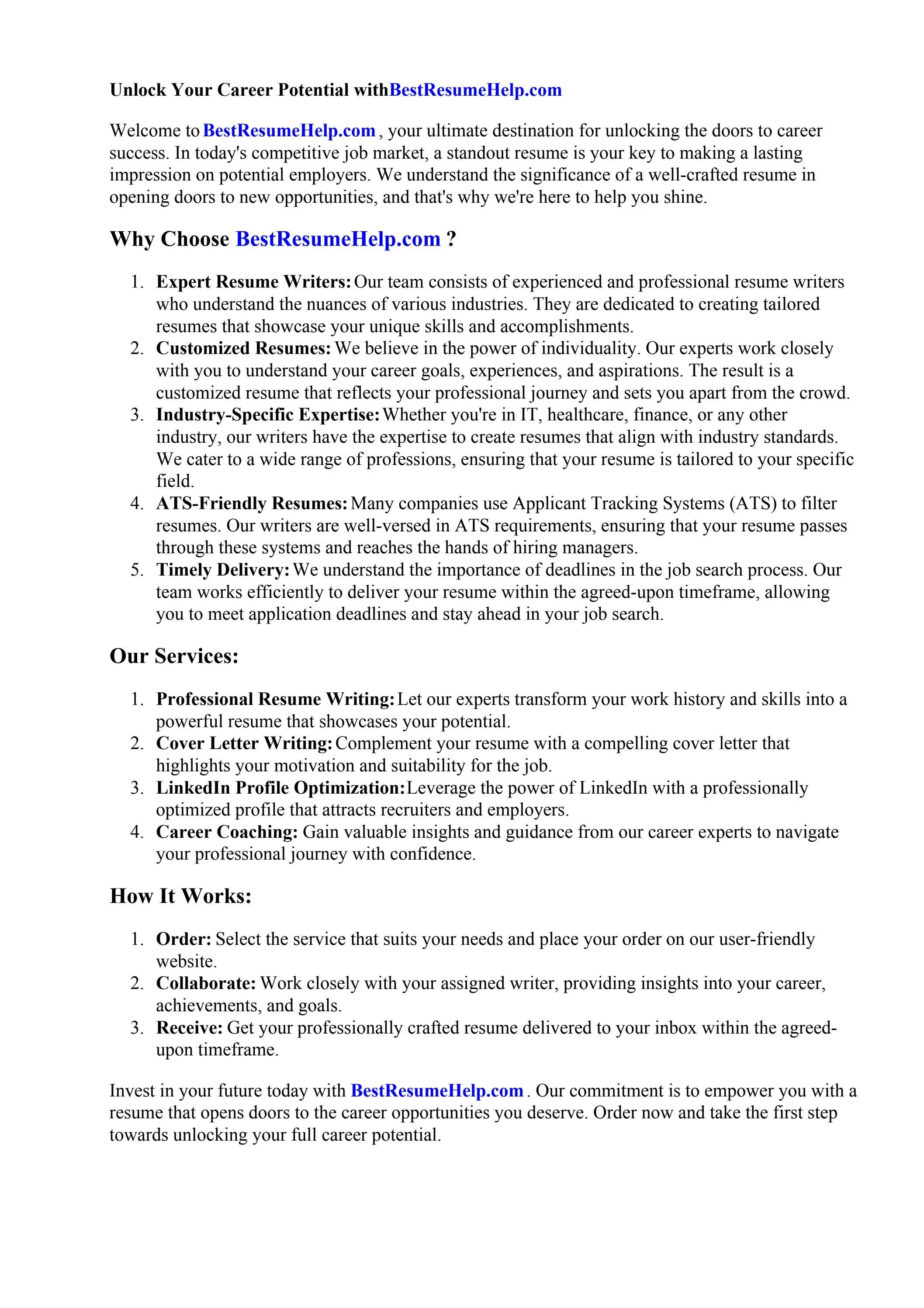
Accounting is more than just numbers; it requires strong communication and interpersonal skills. Highlight your ability to communicate complex financial information clearly and concisely, both in writing and verbally. Provide examples of your experience presenting financial data, writing reports, or collaborating with team members. Show that you can work effectively with others and build relationships. Mention any leadership roles you’ve held or instances where you’ve demonstrated teamwork. Accounting professionals often work in teams and interact with clients, so your cover letter should assure the employer that you can do so professionally. Strong communication skills help you explain financial concepts to colleagues and clients who may not have a background in accounting.
Quantifiable Achievements to Include
Quantifiable achievements add significant weight to your cover letter. Numbers and metrics provide concrete evidence of your skills and abilities. Instead of saying you improved efficiency, state by how much, for example, ‘reduced processing time by 15%’. If you managed a budget, mention the size of the budget or any cost savings achieved. If you worked on a project, highlight its outcomes or how it contributed to the company’s goals. Focus on providing specific results that demonstrate your impact. Numbers make it easier for employers to assess your contributions and understand your value. Quantifiable achievements demonstrate your ability to take initiative and achieve tangible results, showing that you are not just a participant but a driver.
Academic Accomplishments
Your academic accomplishments can be a compelling part of your cover letter, especially for an internship. Include your GPA if it’s impressive, and mention any relevant coursework or academic achievements. List any accounting-related courses that align with the internship’s requirements. Highlight any academic awards, scholarships, or honors you’ve received. If you have completed a particularly challenging or impactful project in your coursework, describe it briefly. Remember to frame these accomplishments in terms of how they make you a better candidate. Highlight courses that emphasize skills that will translate well to the internship, such as auditing, taxation, or financial modeling. The goal is to demonstrate your academic foundation and readiness for a professional role.
Relevant Project Experience
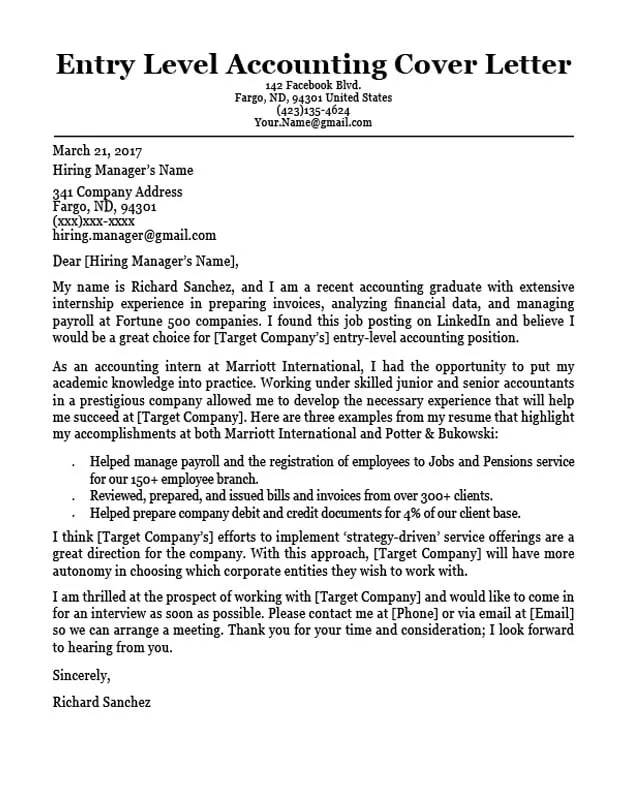
Project experience is invaluable, even if you haven’t held a formal internship before. Include any projects from your coursework, volunteer work, or personal endeavors that showcase your accounting skills. Describe the scope of the project, your role, and the results achieved. If the project involved financial analysis, data entry, or report writing, highlight those aspects. Quantify your achievements whenever possible. For example, if you helped prepare financial statements, mention the number of transactions processed or the size of the financial statements prepared. Frame your experience in a way that demonstrates your ability to apply your knowledge in a practical setting. Emphasize the skills you developed and the lessons you learned from these projects, showing how they contribute to your preparedness for the internship.
Tailoring Your Cover Letter
Tailoring is key to making your cover letter stand out. A generic, mass-produced cover letter will not make the cut in the highly competitive internship market. Every cover letter should be customized to the specific internship you are applying for. Review the job description carefully and identify the skills and experiences the employer is seeking. Then, use your cover letter to show that you possess those qualities. This requires more than just changing the company name; it means adapting your language, highlighting specific skills, and providing relevant examples. Show that you understand the company’s mission, values, and the specific requirements of the internship. Tailoring your cover letter demonstrates that you’ve taken the time to learn about the opportunity and are genuinely interested.
Researching the Company
Before you write your cover letter, thoroughly research the company. Visit their website, review their social media presence, and read news articles or press releases about the company. Understanding the company’s values, mission, and recent activities allows you to align your cover letter with their goals. This research also gives you insights into the company culture and the specific skills and experience they may value. You can then use this knowledge to tailor your letter, demonstrating your understanding of the company and your interest in the internship. Mentioning specific company initiatives or values shows the employer that you’ve done your homework and are seriously interested in the opportunity. Research can also help you identify the specific needs of the role and frame your skills accordingly.
Addressing the Specific Internship
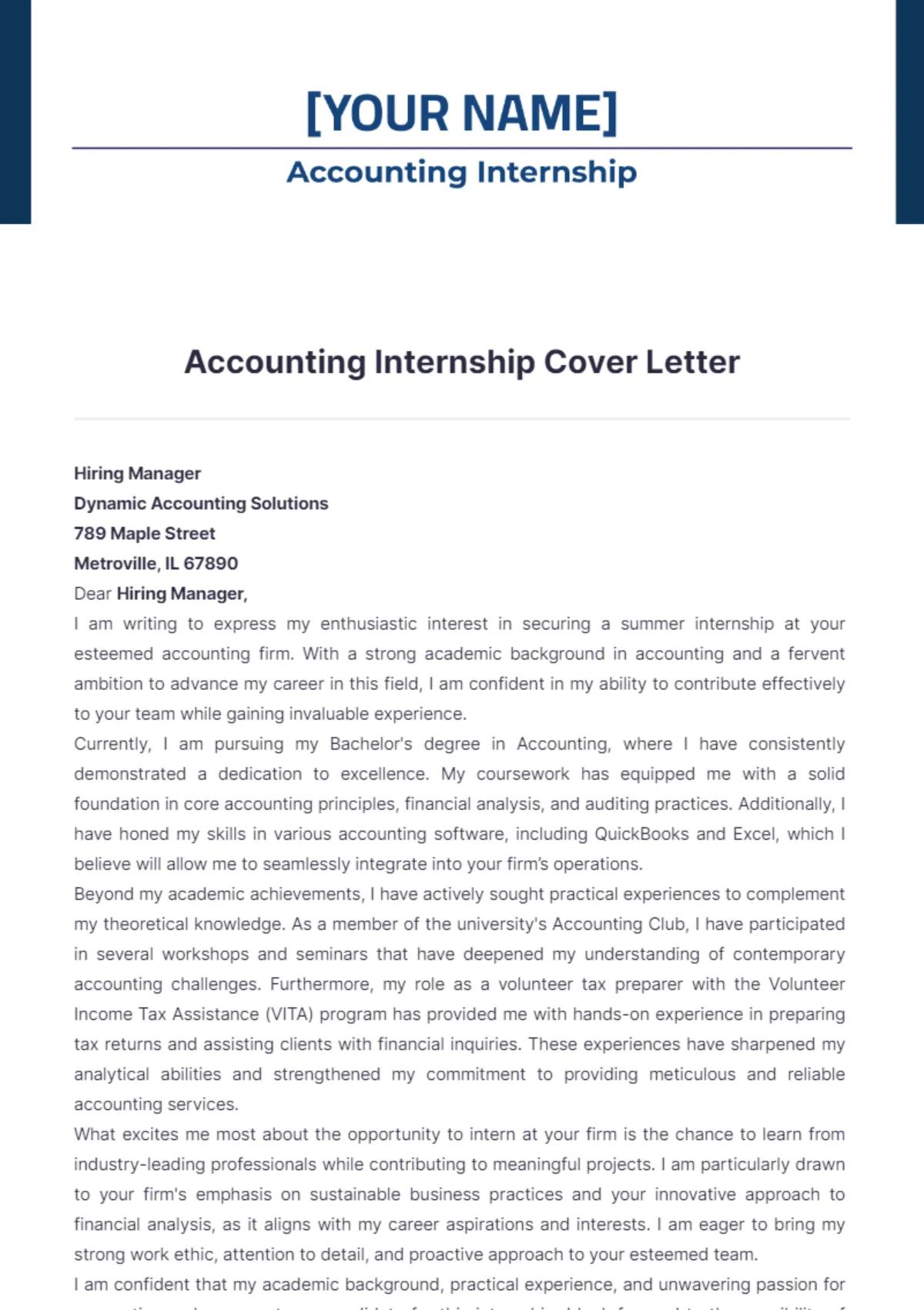
Each internship is unique, so ensure your cover letter specifically addresses the requirements and responsibilities outlined in the job description. Review the internship description thoroughly and identify the skills, experiences, and qualifications the employer is seeking. Structure your cover letter to highlight how your skills and experiences align with those requirements. Use the same keywords and phrases as the job description, but naturally and without sounding like you are simply repeating the advertisement. If the job description highlights a specific software, skill, or responsibility, make sure to include it in your cover letter and provide examples of how you have demonstrated it. Show that you have carefully read the description and that you understand the role.
Formatting and Structure
A well-formatted cover letter is professional, readable, and easy to navigate. Use a standard business letter format, with your contact information at the top, followed by the date, the recipient’s information, and a professional greeting. Use a clear, easy-to-read font like Times New Roman, Arial, or Calibri, and maintain consistent formatting throughout the letter. Keep the letter concise, ideally within one page. Use headings, bullet points, and short paragraphs to break up text and make it easier to read. Ensure your cover letter is visually appealing and free from clutter. A well-structured cover letter demonstrates your organizational skills and attention to detail, which are valuable qualities in accounting.
The Opening Paragraph
The opening paragraph is your first chance to grab the reader’s attention. Start with a strong statement that immediately captures their interest. State the position you’re applying for and where you found the opportunity. Briefly introduce yourself, highlighting your most relevant qualification or a key achievement. Make it clear why you are interested in the specific internship and the company. Avoid generic openings such as ‘I am writing to express my interest.’ Instead, aim for a compelling opening that shows your personality and enthusiasm. The goal is to create a positive first impression and encourage the reader to continue reading. Tailor the opening paragraph to the company and the specific internship, expressing your genuine interest in the opportunity.
Body Paragraphs Strategies
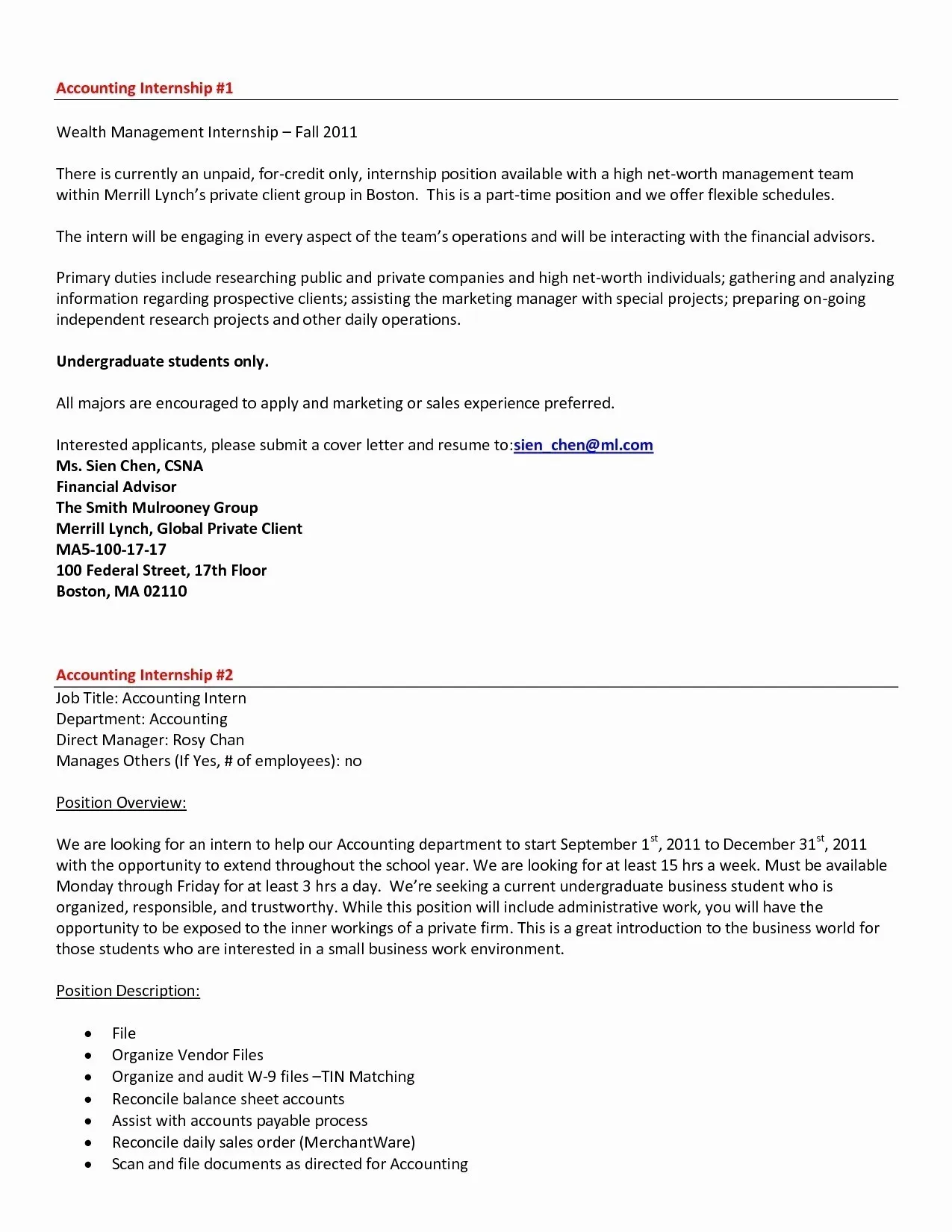
The body paragraphs are where you showcase your skills, experiences, and how they align with the internship requirements. Each paragraph should focus on a specific aspect of your qualifications. Use the STAR method (Situation, Task, Action, Result) to describe your experiences and achievements. Provide context (Situation), explain the task you were assigned (Task), describe the actions you took (Action), and then present the quantifiable results (Result). Support your claims with concrete examples. For instance, if you mention analytical skills, describe a situation where you used those skills to solve a problem or improve a process. Ensure that each paragraph is focused, concise, and provides value to the reader. Highlight your relevant skills, explain how they fit with the internship’s responsibilities, and demonstrate your value as a candidate.
The Closing Paragraph
The closing paragraph is your final opportunity to leave a lasting impression. Reiterate your interest in the internship and summarize your key qualifications. Express your enthusiasm for the opportunity and your confidence in your ability to succeed. Thank the reader for their time and consideration. Include a call to action, such as stating that you are eager to discuss your qualifications further or that you are available for an interview. End with a professional closing such as ‘Sincerely’ or ‘Best regards,’ followed by your name. This paragraph should leave the reader with a positive and memorable impression, encouraging them to contact you.
Proofreading and Editing
Proofreading and editing are essential steps in the cover letter writing process. Errors in grammar, spelling, and punctuation can undermine your credibility and make you appear unprofessional. Carefully proofread your cover letter multiple times, looking for any mistakes. Read the letter aloud to catch any awkward phrasing or sentences that don’t flow smoothly. Use a grammar checker to identify any potential errors, but don’t rely on it completely. Ask a friend, professor, or career counselor to review your cover letter for any mistakes or areas for improvement. Ensure that your cover letter is well-written, easy to read, and free of errors. Proofreading ensures that your professionalism shines through.
Common Mistakes to Avoid
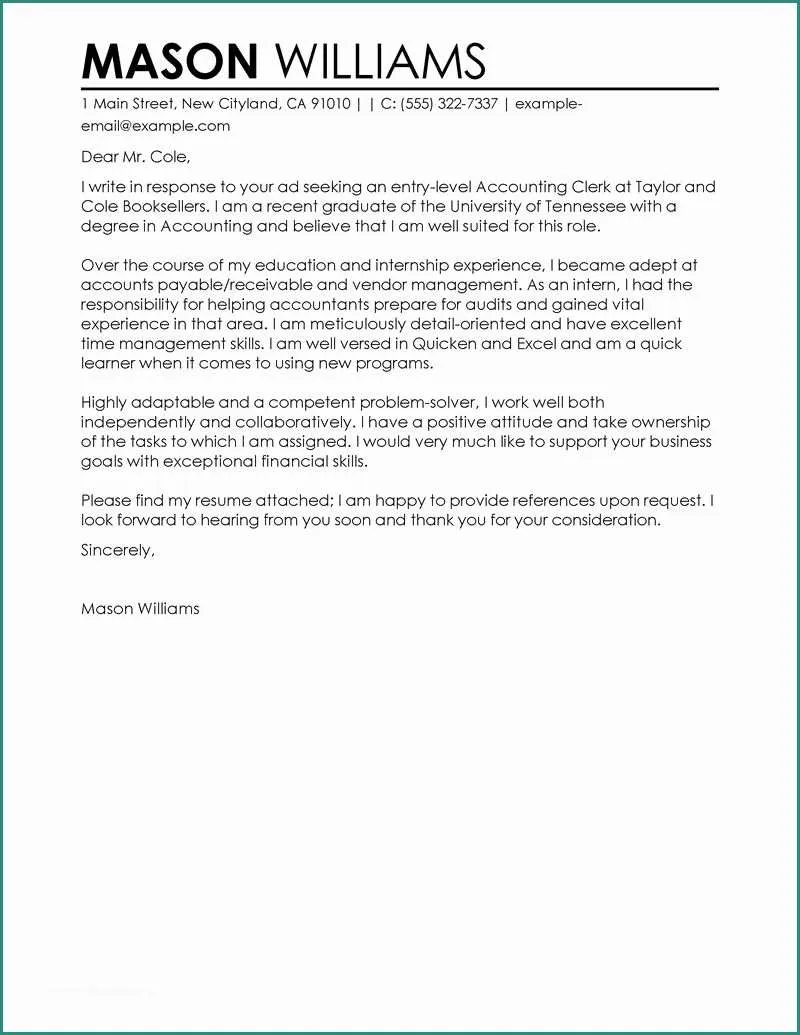
Avoid common mistakes that can damage your chances of landing an accounting internship. These errors often lead to instant rejection, so careful attention to detail is crucial. Poorly written cover letters reflect negatively on your attention to detail and professionalism, which are critical qualities in the accounting field. Be mindful of every aspect of your cover letter, from the format to the content, to show your potential employer you take their opportunity seriously.
Generic Cover Letters
Submitting a generic cover letter is a major mistake. Generic letters lack the specific details that make a candidate stand out and fail to demonstrate genuine interest in the company or internship. Avoid using templates without personalizing them. Tailor your letter to each position and demonstrate that you have researched the company and understand the internship requirements. A generic letter shows a lack of effort and makes you seem like you are applying for numerous roles without truly caring about any specific one.
Typos and Grammatical Errors
Typos and grammatical errors create a negative impression. They suggest a lack of attention to detail and professionalism, qualities that are essential in accounting. Always proofread your cover letter carefully. Read it aloud and ask someone else to review it as well. Use grammar and spell-check tools. Typos and grammatical errors make you look careless. Be sure your writing is polished and presents you in the best light possible. The goal is to demonstrate your meticulousness, a key trait in accounting.
Failing to Showcase Personality
Your cover letter should showcase your personality and enthusiasm for accounting. Avoid being overly formal and stiff; show that you are a real person with genuine interest. Include a sentence or two that demonstrates your passion for accounting and your reasons for pursuing this internship. Injecting your personality, in a professional manner, allows the reader to better connect with you. This helps the hiring manager see you not just as a list of skills, but as a potential team member with unique qualities. Let your enthusiasm and passion shine through to make a lasting impression.
Call to Action and Next Steps
Concluding with a clear call to action can increase your chances of moving forward in the hiring process. In your closing paragraph, express your enthusiasm for the opportunity and make it clear that you are available for an interview. Provide your contact information again, making it easy for the employer to reach you. This shows the hiring manager that you are proactive and eager to discuss your qualifications further. Thank them for their time and consideration, and reiterate your interest in the position. A strong call to action encourages the reader to take the next step and contact you, moving your application from the pile to the interview stage.
